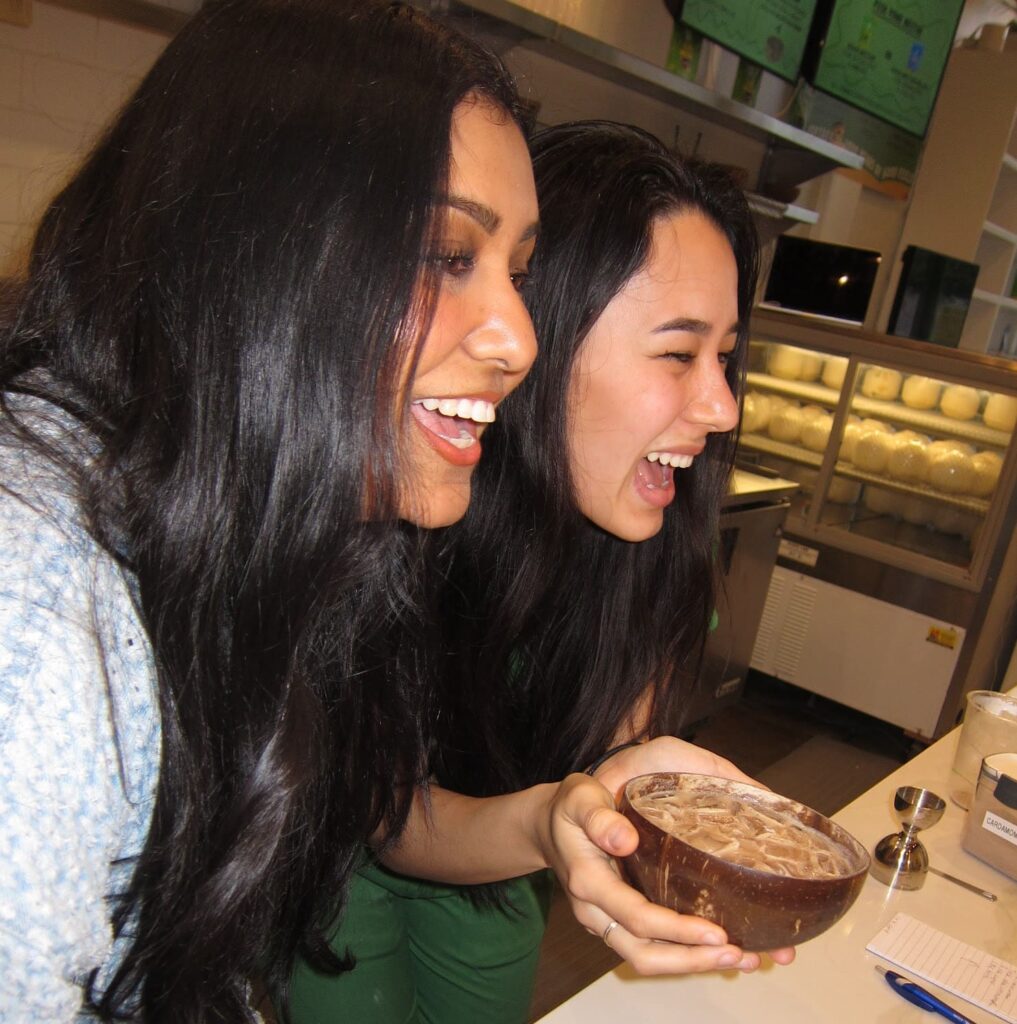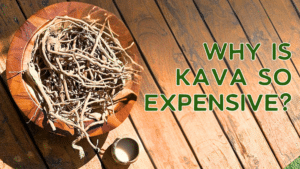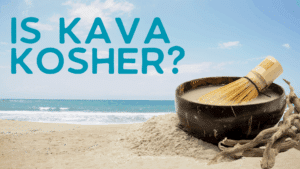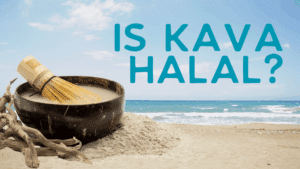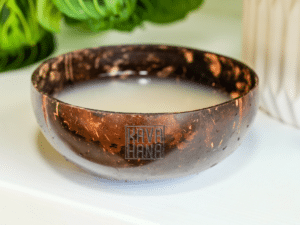Life has gotten busy, and business is stressful. We try to fit so much into a day to maximize time and productivity that we are often left feeling exhausted and craving something to help us relax at the end of the day. That nice cold beer or glass of wine can taste so good after a busy day. In most Western cultures, we turn to alcohol, but in the Pacific Islands, they turn to kava.
Kava is emerging as a great alternative to alcohol. It gives the same feelings of relaxation and socialization as alcohol but without the aftereffects. There is a misconception that kava is to the South Pacific what alcohol and coffee are to Western cultures. However, kava works in different ways and doesn’t have any of the negative effects of alcohol.
Kava boosts your mood without the emotional dip
Kava acts in your brain to improve your mood and make you more talkative and sociable while maintaining your cognitive abilities. Unlike alcohol, you can still hold clear conversations and carry on doing daily functions. However, due to its calming qualities, it’s still recommended that you don’t drive a car.
Another benefit is that the relaxing, calm, and social feelings you get from kava remain steady while you drink it. This means you feel the same sensations and don’t get the emotional dips that sometimes come with using alcohol, including aggression and anger.
There’s no hangover
One of the most infamous effects of alcohol is the hangover. After a night of drinking with friends, we are often left feeling groggy and tired, sometimes with a nasty headache or even nausea and vomiting. Hangovers come from dehydration; alcohol is a natural diuretic, which means it naturally promotes water loss. That’s why you have to use the bathroom so often on your nights out. And despite being a depressant, making you feel really tired when you drink, alcohol actually negatively affects your sleep, so you don’t sleep as deeply or restfully as you think.
Kava, on the other hand, doesn’t dehydrate you. The drink is water-based and is not as, and it is even known to help promote sleep, so you feel refreshed and rested after you drink it.
Kava isn’t addictive
Although the body effects of alcohol and kava are similar, they work on the body in different ways. While long-term use of alcohol can change your brain structure, needing more alcohol to get the same feelings, known as building a tolerance, kava doesn’t have that effect.
Kava has a “reverse tolerance” effect. It may take several uses for first-time kava drinkers before they start to feel the effects. This is because of how your brain adapts to kava and how it works in your brain. While kava itself is not addictive, its effects can be habit-forming. Users can become attached to the relaxed, calm, and happy feelings connected to drinking kava. It’s important to maintain a healthy relationship with kava and drink it responsibly.
Now, we want to be clear… We certainly aren’t demonizing alcohol or those who choose to use it. It has a rich history in many countries and cultures when drunk responsibly. In Western cultures, it is certainly seen as a social tool when out with friends and family. But for those looking for something a little different or wanting to avoid the negative effects of alcohol, kava is an excellent option for something different.

